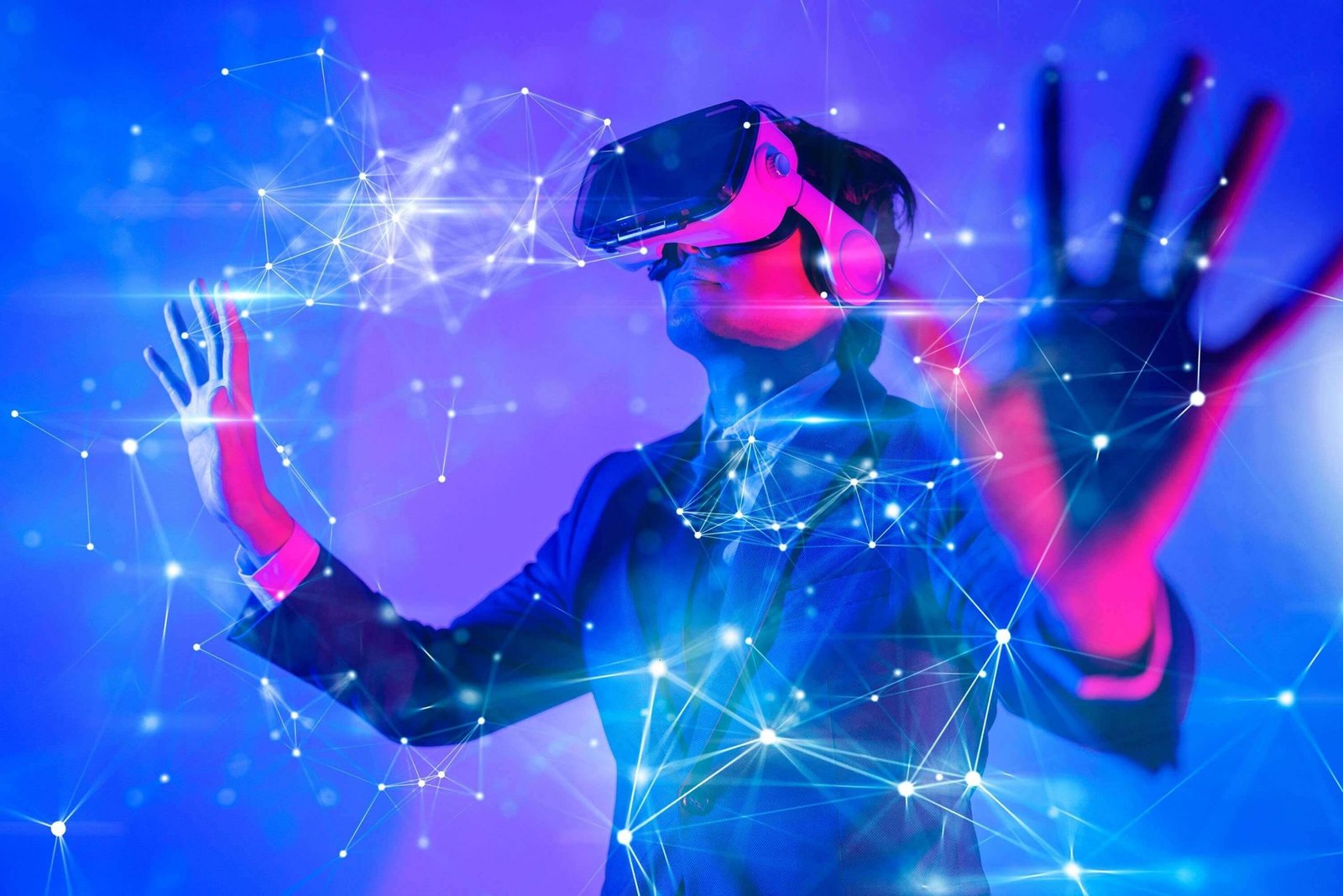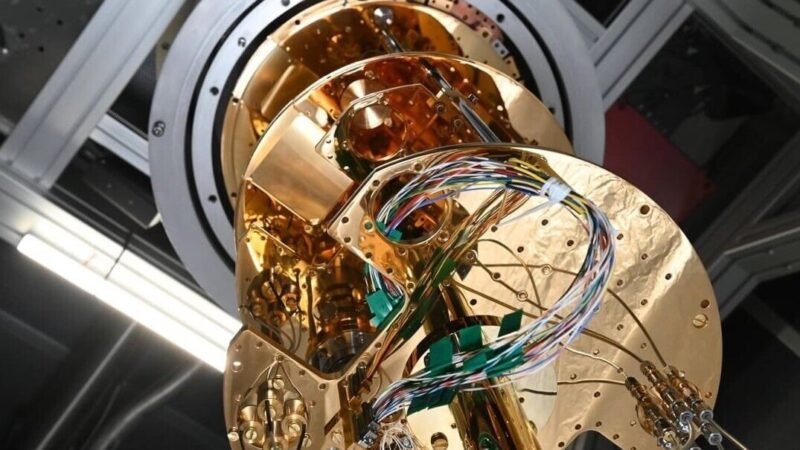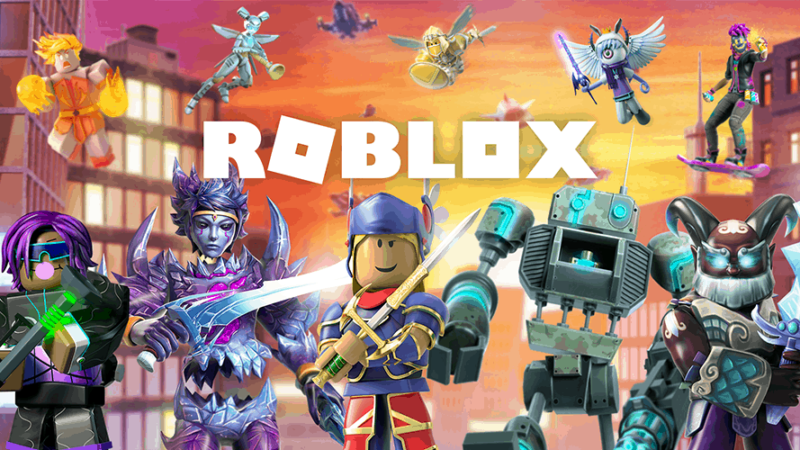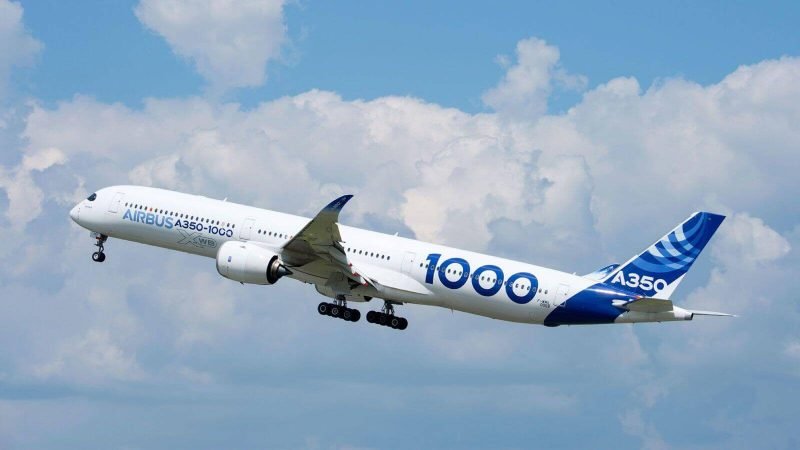3 Ways The Metaverse May Affect The Lodging Industry

The metaverse has become the buzzword that has gained popularity within a few months of its announcement. It is expected to become the next internet revolution. Thanks to Mark Zuckerberg, CEO of Facebook, who unveiled the rebranding of his social media company Facebook to Meta Platforms. Since the announcement, the metaverse has captured the attention of the entire world. From brands like Adidas or Nike to tech companies like Microsoft or Nvidia, every company wants a piece of the metaverse. According to a report by Bloomberg Intelligencethe metaverse market is expected to reach $800 billion by 2024.
What Is The Metaverse?
The metaverse was first coined in 1992 by science fiction author Neal Stephenson in his novel Snow Crash, where he envisioned a 3D digital world in which users became avatars and interacted in a shared online space.
It is a parallel interactive world leveraging augmented reality (AR), virtual reality (VR), and mixed reality (MR), where users can virtually live within a digital world with the help of digital avatars. It will be more like our real world, where people can play games, have birthday parties, go to a concert, work, shop, and even own land.
However, everything related to the metaverse is hypothetical, still. The irony is that despite being hypothetical for now, it has seen massive investment. For example, at the end of November 2021, the digital asset investor Tokens.com bought a virtual plot on the Decentraland metaverse platform for $2.4 million in cryptocurrency. And digital real estate is skyrocketing, becoming a multi-billion dollar market.
Although it is still years away, investments and rapid developments could soon make it a reality. And after the great commitment of retail and technology companies to the virtual world, the hospitality sector must also try to incorporate the metaverse.
The Metaverse In The Hospitality Industry
Travelers around the world rely heavily on modern technology, especially younger generations like millennials and Gen Z. From mobile check-in, to bots, to QR code menus, technology has become the backbone of a successful guest experience. The metaverse can take the personalized guest experience to the next level. If hotels incorporate the flavor of a metaverse into their customer experience strategy, they could have huge potential to improve their business performance and revenue.
Let’s discover three ways the metaverse can transform the hosting space.
1. Redefine the guest booking experience
When the modern traveler plans any vacation trip, they expect a smooth and memorable trip. And this starts from the search for accommodation. With the metaverse, OTAs and hoteliers can offer their customers a first-hand experience of booking rooms, such as room size, amenities, value-added services, etc. This “try before you buy” experience will give the traveler a sense of confidence before booking their stay. Also, this will increase the rate of direct bookings and improve the revenue of the business.
2. Virtual hotel tours in 3D
Who wouldn’t want to take a virtual tour of a hotel or resort before deciding on a hotel property for a vacation or business trip? Many companies offer 360-degree and 3D virtual hotel tours to entice visitors, but with the metaverse underway, travelers can be transported onto the hotel property and virtually tour the entire property and decide if it suits their tastes. This will make it easier for them to choose and help hoteliers gain more customers and gain an edge over their competitors.
3. Virtual itinerary
According to a new study , more than eight in ten US Gen Z and Millennial travelers want a unique experience on their next trip. With the metaverse, hotels and resorts can offer their guests a virtual itinerary of nearby attractions, museums, historic sites, and more. that can enrich your experience. Additionally, hotels can even offer personalized itineraries based on their needs and tastes, which will improve guest engagement and help hotels remain competitive.
What Is The Future Of The Metaverse?
The metaverse in the hospitality industry will create a personalized experience that will build brand loyalty. Currently, there is a mixed reaction to the metaverse in the hospitality industry. Opinion leaders see a huge market for the metaverse, while some believe it can’t replace the feeling of authentic travel through digitization. However, consumers, especially the younger generations, are excited about the metaverse. Once the metaverse is up and running, only early adopters will be able to reap its benefits. Now is the time to identify where and how the lodging industry can accommodate the metaverse to meet the changing needs of tech-savvy travelers.
About Vervotech Mappings:
Vervotech Mappings is a leading hotel and room mapping API that harnesses the power of AI and ML to quickly and accurately identify each property listing through multi-parameter verification. With industry-best 98% coverage and 99.999% accuracy, Vervotech Mappings is fast becoming the mapping software of choice for the world’s leading companies operating in the travel and hospitality industry. To find out more about Vervotech Mappings and the ways it can improve your business in the long run, contact us: sales@vervotech.com






